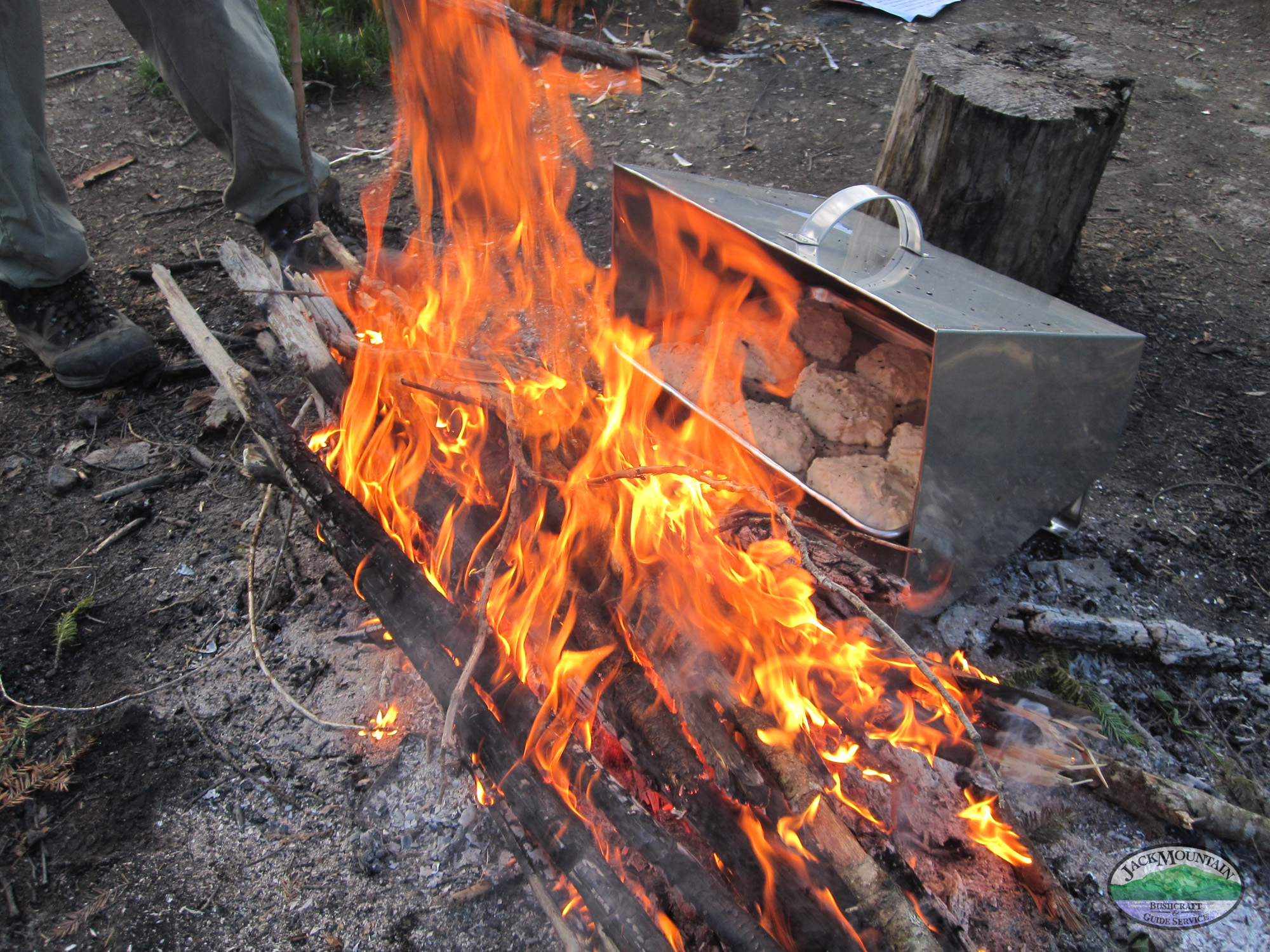I just finished a 7-day fast where the only things I took in were water and strong black coffee (because weak coffee is the devil). I have done a bunch of these, stretching back to the mid-1990’s, and while there is a renewed interest in fasting as a result of the intermittent fasting diets, it would be a stretch to call it remotely new as we can trace it back to the cradle of civilization in ancient Greece. It is likely much, much older than modern civilization.
There are numerous health benefits to fasting, and thousands more are claimed by the latest health influencers. I have experienced some of them. My reason for bringing up my fasting habit is not to bombard you with health benefits. Rather, it is to extol the virtues of practicing what you preach.
I have been running wilderness survival courses for 24 years. In that time, my message has been the same: If you find yourself in a bad situation, whether lost or marooned in a remote area, make yourself comfortable, stay warm, hydrate and rest until you are rescued. Notice that there is not a mention of food in this.
I advocate that lost people should fast rather than undertake the food quest where, in an effort to live off the land, they employ a variety of techniques in order to get a few calories from the wild. I approach it like this for several reasons. First, without training and experience, they will likely come away with nothing. Second, they will expend energy while getting nothing back for its expenditure. Third, they will likely put themselves at greater risk as a result of engaging in those activities. Fourth, the average survival episode lasts less than 48 hours. So, the rational person, when examining this data, can see that there is no reason to undertake the food quest. But old ideas die hard, and in our modern era, are reinforced by silly reality television shows. The next time you see one of the reality survival tv shows, notice that most of the participants are always looking for calories.
This is not to say I think the food quest is a bad idea. I actually think it is a great idea. Just not in a survival situation with an inexperienced person. As part of daily life I enjoy looking for calories on the land and actively seek them out. Foraging, hunting, fishing, trapping, and any other way to live close to the land is a way of life for me. But again, not for an inexperienced person in a stressful situation.
Which brings me to my main point of the day; credibility. I fast for many reasons, one of which is because I advise others to do so when caught in a survival situation. For me it is a practice what you preach approach. Also, the more time I have spent fasting over the years, the more insights I have gained into how my body works and reacts to different stresses. This most recent fast was very pleasant from start to finish.
One last point; preparation. It is always better to fast a few times under controlled conditions before potentially relying on fasting in the backcountry because you have no other options. It gives you experience, teaches you what to expect, and instead of guessing how you will react to the stresses, you will know for certain, which not only makes you more resilient, but also more confident.









Comments on this entry are closed.
Thanks for the insight. It absolutely makes a lot of sense to me and I like the fact that you practice what you preach. Hope to take a few of your classes soon!
Dan
Thanks Dan
Thank you, Tim. This is very informative and helpful. My brain is wired that my body will not survive without food. It’s akin to any other addiction known to man. I know that my brain’s thought process is faulty – but the urge is so strong just the same.
Thanks David. In the short term, food is of little importance. In the long term, it is of critical importance.
Fasting is great, I practice such for natural internal cleansing however, yet still the basics for Air, Shelter, Water, Fire and Food, along with the rule of 3 for the government are crucial survival doctrines. As far as I am concerned this is.
Remember, the people in the concentration camps and those who were abused by certain government pogroms fasted a bunch too. Until they died from starvation and disease this is. Food is critical. Food is our medicine, and our medicine is our food.
If not, then why do we need food to live at all? The basics for breathing, shelter building and clothing protection, hydration, calm comforting confident fire building, then food appropriation are ALWAYS going to be on my litmus for teaching survival. . .
Semper Fi…
In short term situations food is not physiologically important. In long term situations it is of critical importance. Fasting differs from starvation in that it is a conscious choice to abstain from food, not a situation where the person has no choice.